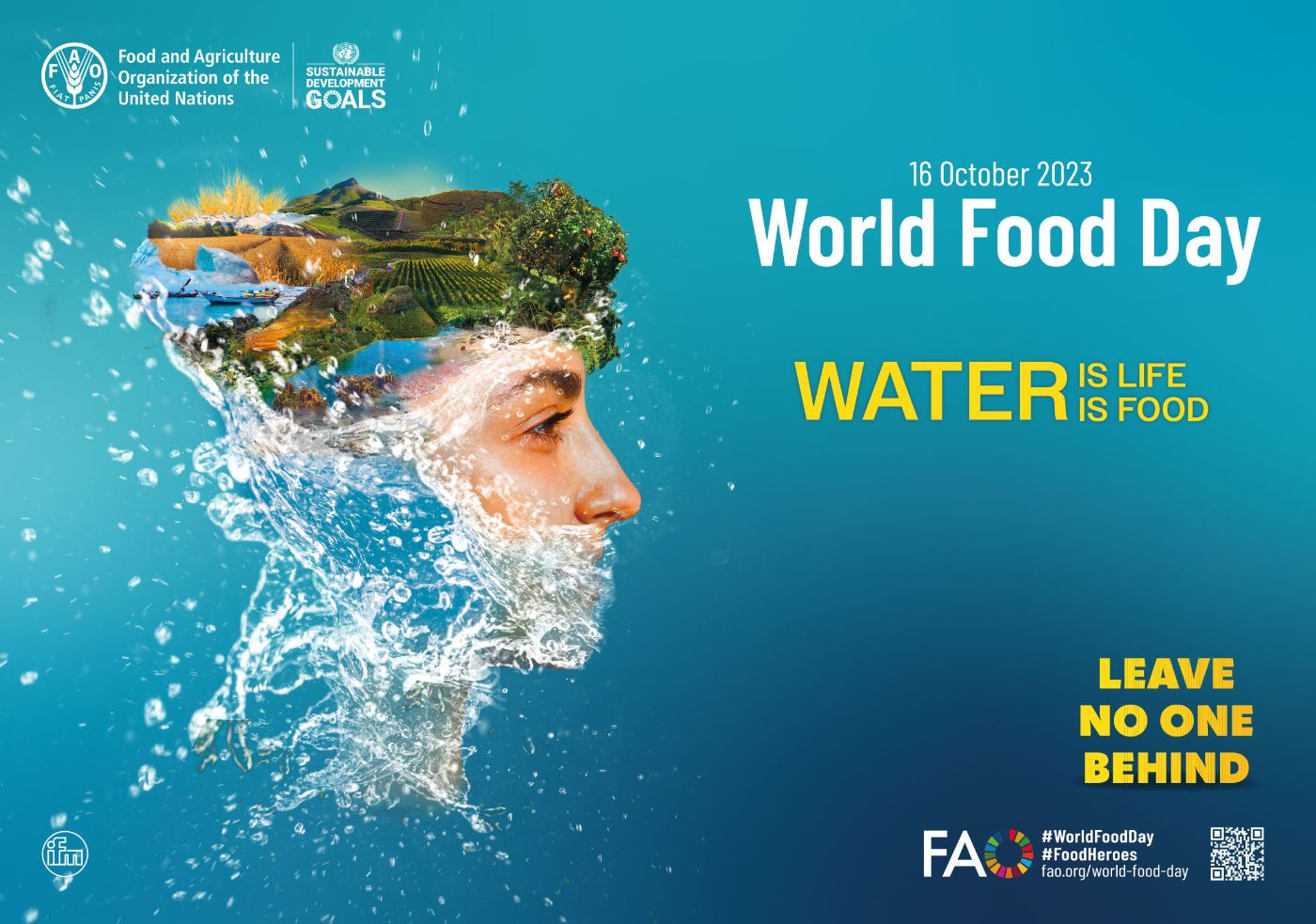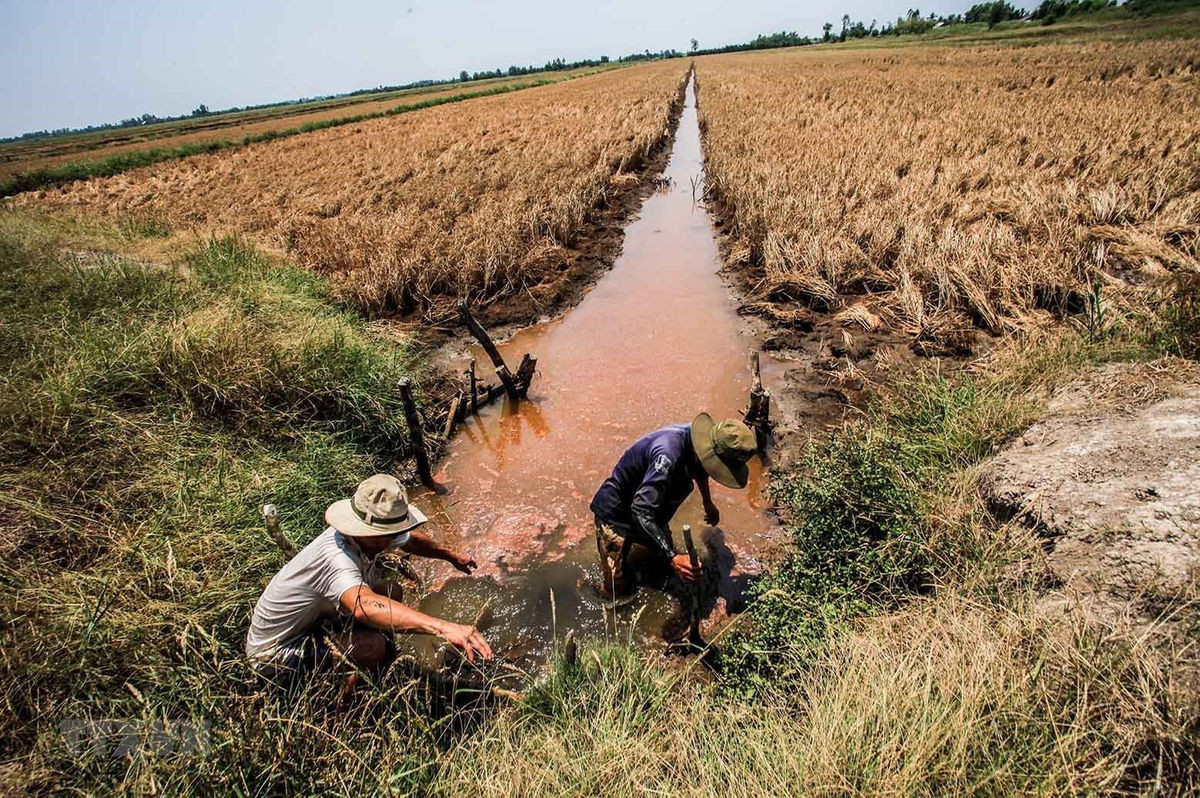Experts contribute to the development of the Water Supply and Sanitation Law
The Water Supply and Sanitation Law continues to be discussed and receives input for further improvement.
The Water Supply and Sanitation Law is currently in the process of refinement, with input from experts obtained during a seminar held on April 21, 2023 in Da Nang, organized by the Technical Infrastructure Department (Ministry of Construction).

Photo: Vietnam Water Supply and Sewerage Association
This is an event that falls within the timeline of the Government’s Action Program for the term 2021-2026 and is targeted to be submitted to the National Assembly in the period 2024-2025. The Ministry of Construction will be responsible for reviewing, compiling, and drafting the proposal to be submitted to the Government before November 1, 2023.
Current situation of the Water sector in Vietnam
In the era of industrialization and urbanization, the amount of wastewater nationwide exceeds the capacity for treatment by a significant margin. Additionally, water supply and sanitation projects face many difficulties and challenges in terms of management, investment, and construction.
Therefore, to develop the national water sector in a sustainable manner, the improvement of the legal framework is extremely important and necessary.
The Water Supply and Sanitation Law is considered a crucial driving force for the central and local governments to build and develop water supply and sanitation systems in order to:
- Serve essential needs and protect public health.
- Contribute to socio-economic development.
- Actively integrate internationally.
Nguyen Minh Duc, Head of the Water Management Department (Technical Infrastructure Agency), outlined five issue groups, including:
- Developing a comprehensive, unified, and efficient water supply and sanitation system.
- Managing the operation of water supply and sanitation facilities.
- Managing water supply and sanitation services.
- Financial aspects of water supply and sanitation activities.
- State management of water supply and sanitation.
Data and information
However, the data and information on water supply and sanitation and wastewater treatment are currently insufficient and not synchronized, leading to difficulties in management and affecting the investment, operation, and maintenance of water supply and sanitation facilities.
Therefore, it is necessary to assign responsibilities to the units in charge of water supply and sanitation to develop investment plans and infrastructure systems in accordance with regional planning. Additionally, these units must strictly comply with procedures and submit them to local authorities before proceeding with investment and construction, as stated by Ho Minh Nam (Director-General of Danang Water Supply Joint Stock Company).
Furthermore, the concepts of “rural clean water” and “urban clean water” still exist. The direction, program, and planning of urban water supply have now been separated from rural areas. However, there are still many limitations and overlapping investments between urban and rural water supply, leading to inefficiency and unsustainable infrastructure due to two reasons:
- Insufficient investment in wastewater treatment and inadequate specific policy mechanisms to encourage investment from social resources, such as public-private partnerships.
- Limited awareness among the public and businesses regarding the importance of investing in water supply projects.
The completion of the Water Supply and Sanitation Law is expected to eliminate the distinction between “urban clean water” and “rural clean water” and establish a unified concept of clean water applicable to both urban and rural areas.
Clean water pricing and wastewater treatment
Additionally, there are still many challenges regarding the pricing of clean water and wastewater treatment. According to regulations, households are required to treat their wastewater before discharging it into the collection system. However, there is a lack of clear regulations or guidelines on proper treatment methods, as well as a lack of regulations on water pricing for inter-provincial and city water supply systems.
Tran Anh Tuan, Deputy Chairman of the Vietnam Water Supply and Sewerage Association (former Deputy Director of the Technical Infrastructure Agency), emphasized the need to emphasize investment and construction in the law because water supply and sanitation investments are different in each sector.
For water supply, there should be provincial-level planning, while for sanitation, irrigation planning should be used because the issue of sanitation involves not only wastewater treatment but also rainwater drainage.
The draft law needs to have provisions on water supply in the direction of investment for water supply development based on planning, orientation, and programs:
- Managing risks in water supply operations.
- Innovating water supply service management to ensure a balance between social welfare and efficient business operations.
- Ensuring financial sustainability in water supply activities towards sustainable development.
- Enhancing the effectiveness and efficiency of state management in water supply.
Source: Vietnam Water Supply and Sanitation Magazine







